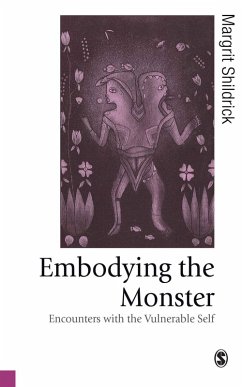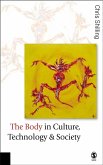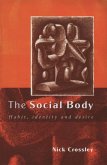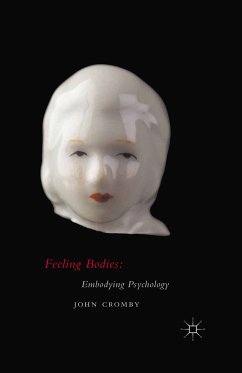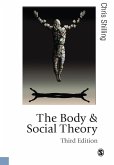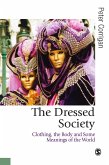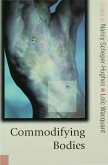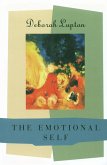Written by one of the most distinguished commentators in the field, this book asks why we see some bodies as 'monstrous' or 'vulnerable' and examines what this tells us about ideas of bodily 'normality' and bodily perfection.
Drawing on feminist theories of the body, biomedical discourse and historical data, Margrit Shildrick argues that the response to the monstrous body has always been ambivalent. In trying to organize it out of the discourses of normality, we point to the impossibility of realizing a fully developed, invulnerable self. She calls upon us to rethink the monstrous, not as an abnormal category, but as a condition of attractivenes, and demonstrates how this involves an exploration of relationships between bodies and embodied selves, and a revising of the phenomenology of the body.
Drawing on feminist theories of the body, biomedical discourse and historical data, Margrit Shildrick argues that the response to the monstrous body has always been ambivalent. In trying to organize it out of the discourses of normality, we point to the impossibility of realizing a fully developed, invulnerable self. She calls upon us to rethink the monstrous, not as an abnormal category, but as a condition of attractivenes, and demonstrates how this involves an exploration of relationships between bodies and embodied selves, and a revising of the phenomenology of the body.
Dieser Download kann aus rechtlichen Gründen nur mit Rechnungsadresse in A, D ausgeliefert werden.
`Shildrick's study stands out among postmodern analyses of the body by refusing to abandon the fleshiness of cultural life. The scope of this book is impressive and its analysis of "monstrous corporeality" and "vulnerability" as an inalienable counterpart of what it is to be human culminates in a posthumanis ethics of and for the body that will be the subject of debate among body theorists, feminists and cultural analysts' - Chris Shilling, University of Portsmouth

